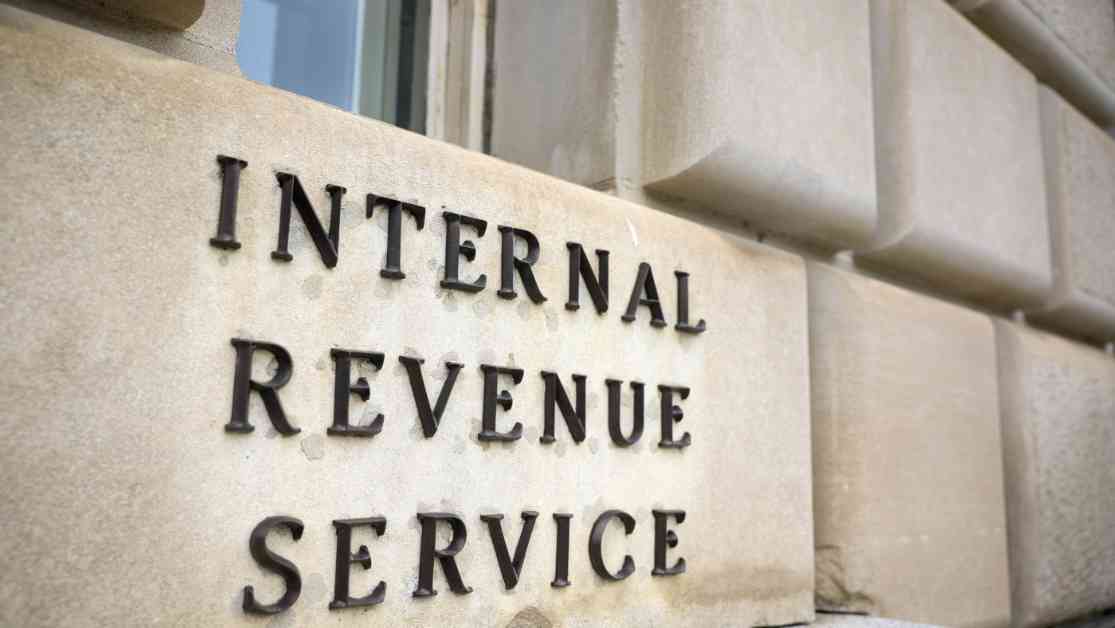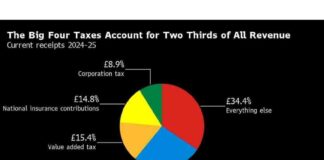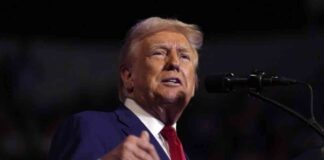In the midst of one of the busiest tax seasons, the Internal Revenue Service (IRS) is making waves by slashing over 6,000 jobs. These cuts are part of a broader downsizing initiative across the federal government, spearheaded by Elon Musk’s deputies at the informal “Department of Government Efficiency.”
The news of the impending layoffs hit IRS employees hard, especially those who are considered “probationary” workers with limited tenure in their roles. The timing could not be worse, as taxpayers are gearing up to file their returns, needing critical assistance and guidance from the agency. The reduction in workforce is expected to strain IRS operations, leading to potential delays and backlogs in services.
Expressing concern over the impact of these job cuts, government watchdogs have raised alarms about the potential repercussions on tax compliance, particularly in going after wealthy individuals who evade paying their fair share. Susan Long, a data collection expert from Syracuse University, lamented the move, highlighting its counterproductive nature in achieving cost savings and operational efficiency.
The IRS has long struggled with resource constraints, resulting in poor customer service and inadequate enforcement measures. However, recent efforts to revitalize the agency through the Inflation Reduction Act of 2022 injected much-needed funds for technological upgrades and staff expansion. While progress was made in enhancing IRS capabilities, the recent decision to trim the workforce threatens to undo these advancements, leaving a significant void in the agency’s ability to collect overdue taxes.
Natasha Sarin, a tax policy advisor and professor at Yale Law School, emphasized the potential loss of tax revenue outweighing any cost savings from the layoffs. She underscored the critical role of IRS enforcement activities in recouping uncollected taxes, warning that the job cuts could hinder efforts to combat fraud and abuse within the tax system, ultimately leading to substantial revenue losses for the government.
Amid mounting concerns, the union representing IRS workers has sought legal intervention to halt the layoffs, citing the adverse economic impact on local communities and middle-income families across the country. Doreen Greenwald, president of the National Treasury Employees Union, decried the indiscriminate firings as detrimental to both employees and the broader economy.
In response to the backlash, the Trump administration defended the layoffs, pointing to the surplus of tax collection personnel and the broader context of government-wide downsizing efforts. Kevin Hassett, director of the president’s National Economic Council, downplayed the significance of the IRS layoffs in the larger scheme of Musk’s efficiency drive, emphasizing the need for streamlining government operations.
As the dust settles on these controversial job cuts, the implications for taxpayers, IRS operations, and the broader economy remain uncertain. The delicate balance between cost-saving measures and effective tax enforcement hangs in the balance, raising questions about the long-term consequences of downsizing efforts on government agencies. Only time will tell how these developments will shape the future of tax administration and compliance in the United States.






















